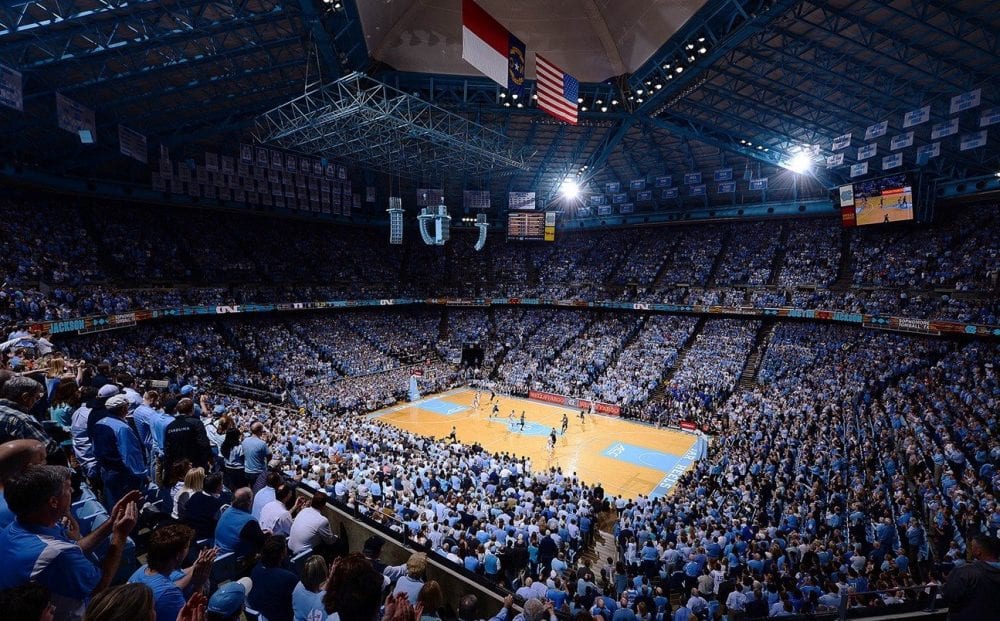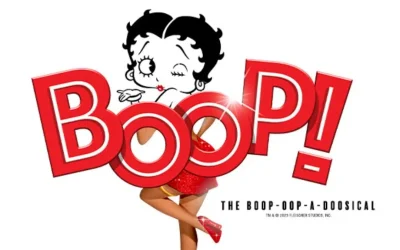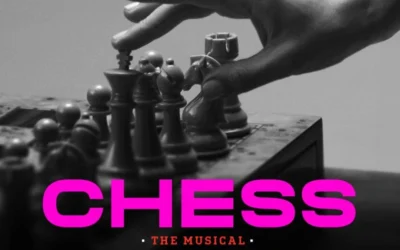The proposed GOP tax reform bill, unveiled this week by party leadership, could have wide-ranging consequences in the ticketing and entertainment world at large.
The bill has mostly been discussed in terms of the huge proposed cuts to the corporate tax rate, but will affect consumers in a number of ways. One such way is the elimination of tax deductions for donations that are a big part of how college athletic departments monetize their season ticket demand. Another is the elimination of tax breaks often used in the financing of venue construction. Analysis of the 76 page bill by Brian Murphy details how big of an impact this reform would have in the world of ticketing and entertainment.
Big-name college athletic departments are huge money-makers for their respective institutions. Beyond the prestige and alumni engagement that a top-tier team brings, it also brings money – lots of it. One key aspect of this is that athletic departments can and do often tie the ability to purchase season tickets to their most popular teams to donations made to booster clubs. At some institutions, this can run into the hundreds of thousands of dollars – currently tax deductable up to 80%.
For reigning NCAA champion North Carolina men’s basketball fans, a membership in The Rams Club and a donation of at least $6,000 will get you the right to purchase two season tickets. $25,000 brings the right to purchase four. Up the road at Duke, $8000 donated with your membership to the Iron Dukes gets you access to purchase a pair of season tickets, up to a total of $100,000 for the right to purchase eight.
These sorts of arrangements exist throughout the top tier of collegiate athletics. Amounts vary from school to school, but it undoubtedly makes up a big piece of the puzzle in terms of explaining how collegiate coaches are often the highest paid state employees in their respective home states. According to the Council for Aid to Education, donations to college athletic departments and related booster clubs totaled 1.2 billion in 2015.
“When you get in front of that perspective donor and you lay out the tax deduction, sometimes it seals the deal,” said University of Idaho Athletic Director Rob Spear, who estimated that about 50 percent of Idaho’s donations came from what he called “seat backs” — donations that allowed for the right to buy tickets. “Schools that have lived by increasing seat back prices will see significant changes ahead.”
The other aspect that could greatly affect the sports landscape is the ending of the use of tax-free bonds to help finance stadium building by professional organizations. As currently structured, interest on bonds used to finance such stadiums is subsidized by their tax-free status. Research by the Brookings Institute showed that such tax-free bonds cost the federal government $3.7 billion since 2000.
“Why should we, the people, incur a tax expenditure for stadiums?” said Rep. George Holding, a member of the Ways and Means committee that largely shaped the bill. “If you give someone a tax preference and give them a non-taxable vehicle to finance one of those things, everybody pays for that.”
Another group that has cried foul at the potential changes in the tax structure the GOP reform bill would bring are Broadway actors and production staff. Due to the structure of staffing at these productions, many workers – both actors and back of the house operators, rely on itemized deductions. The reform would do away with many such deductions in the name of a simplified tax structure. That would overwhelm whatever benefits these Broadway workers would see in terms of reductions in their tax load elsewhere.
“The White House and leaders in Congress claimed that the tax package would provide relief for middle class taxpayers, but thousands of talented actors and stage managers who earn a middle class living from their work on the stage and who rely on itemized deductions to make ends meet will be hurt if the proposed changes to itemized deductions becomes law,” Sandra Karas, treasurer of Actors’ Equity Association, said in a Thursday statement.
Obviously the debate over GOP tax reforms is just getting started. Any change to the tax code will have wide-ranging implications for a number of professions and industries, and it seems like entertainment will be a big one.




